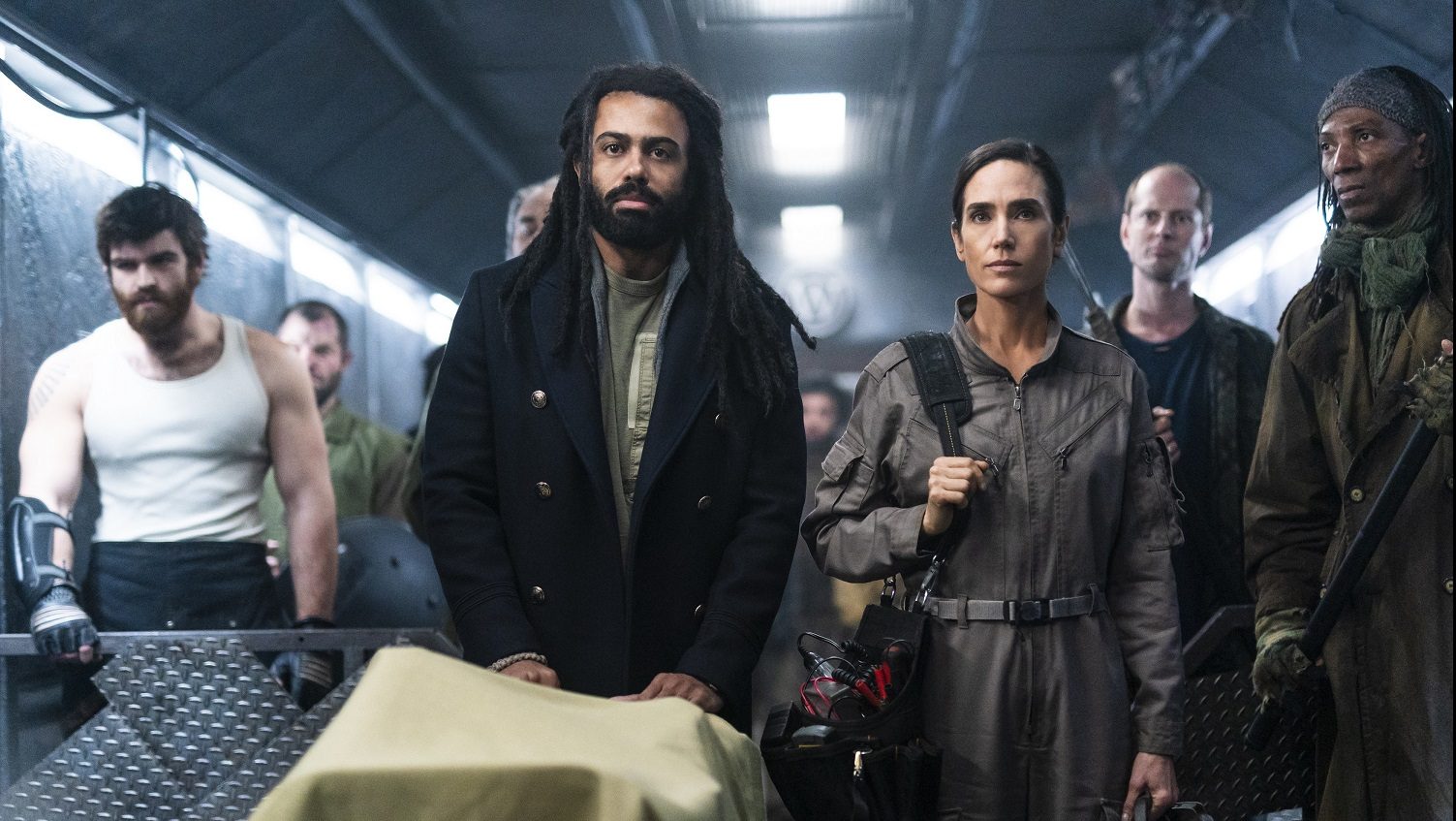
Culture for All: Why Television Matters
As part of the Culture for All series, Dennis Broe introduces another short film made with the support of the Communication Workers Union, on Why Television Matters.
Why Television Matters
by Dennis Broe
Hi I’m Dennis Broe, I write about film and television. I’m now writing a book about television watching in what for some is a lockdown and for others in a dangerous time where because of the virus just going to work can be risky, especially the kind of work, like that done by postal workers and engineers, that requires facing the public.
Previously I wrote a book on something you’re probably all familiar with, binge watching TV series. Where you watch the whole series in a weekend or a day.
Of course, part of this is pure addiction and you feel terrible afterwards, feel like the show just manipulated you into watching episode after episode, and that’s partly what it’s trying to do.
The satisfaction then may not be intrinsic to the show, that is a part of it, but rather the satisfaction is to have accomplished the feat of getting to the end of the show. Netflix was the first to design shows in this way, where they could be consumed all at once with shows such as House of Cards and the current addictive series The Crown and The Queen’s Gambit.
But there is another kind of satisfaction that for me comes from watching Serial TV Series, which is what I call this form, that have an actual point to them and teach some truths about the society we live in. I don’t know about you but when I have discovered one of these series, which are actually few and far between, instead of feeling empty afterwards I feel that my time was well spent, that I learned something or had my view of the world challenged in a way that allowed it to expand.
Most of these series deal either directly or symbolically with everyday struggles. A series from last year that was surprising in how it dealt directly with the struggle of black people in the U.S. with a criminal justice system that is always waiting to entrap them was For Life, produced by the rapper 50 Cent and based on a true story, available on YouTube and Hulu. The first season has the man imprisoned unjustly, framed by a District Attorney who used the defendant’s trial to climb the ladder to success. Rather than simply wallow in prison, the man becomes a lawyer and then takes on the attorney in court and in the media. The show then uses one of the oldest genres, or types of shows, the courtroom drama but updates it with the struggle for justice of a black prisoner who every week demonstrates his brilliance in court in front of judges, having each time to change out of his bright orange prison outfit into a business suit to plead his case and that of his fellow inmates. In the second season the show has become even more topical, taking on in one episode, prisoners dying of Covid and in another bringing a brutally violent cop to justice.
Snowpiercer
Another series, available on Netflix, is Snowpiercer. This series is set in the near future, which gives it some latitude in creating a metaphor for today’s situation. The characters are trapped aboard a train keeps travelling an earth frozen and uninhabitable because world leaders decided, a la Trump, that the way to prevent global warming was to fire nuclear weapons into the earth’s atmosphere.

The train itself has three cars, the one in the front is peopled by the rich, in lavish clothes and served meals grown in the other sections. The middle section is workers also dedicated to serving the rich but perform jobs necessary to the train’s functioning. The back section is inhabited by “the tailies,” those left to die when the train took off who stormed the train to carve out their own place in it.
The first season charts the rebellion of the tailies who subsequently take over the train and make it a more equal place for all, while the second season is about the return of the owner of the train, Mr. Wilford, who wants to reinstate the old order and put everyone back in their place. This is a big budget action series but with a point to it, deliberately making a comment on the organization of today’s world and on today’s workers. We are watching more wealth, power and more of the world, here the train’s, bounty going to satisfy their lifestyle, with those in the middle cars, who in today’s world are still needed workers like engineers and the technical and communications workforce, shrinking and with those in the last car, who must degrade themselves merely to survive, expanding.
The producer of the series is the South Korean director Bong Joon-ho who directed the 2019 Oscar winning film Parasite, which you might have seen. It tells a similar tale, about contemporary Korea divided between a poor family living in a basement where they have to “steal” internet service and which often floods and a rich family who they go to work for and who live in a mansion surrounded by acres and acres of green lawn and a gate to keep others out.
What I wanted to show is that series can be both addictive and instructive and that it is important if we want to see more of an emphasis on the latter to watch and talk about those series which can be useful in shaping contemporary struggles.
